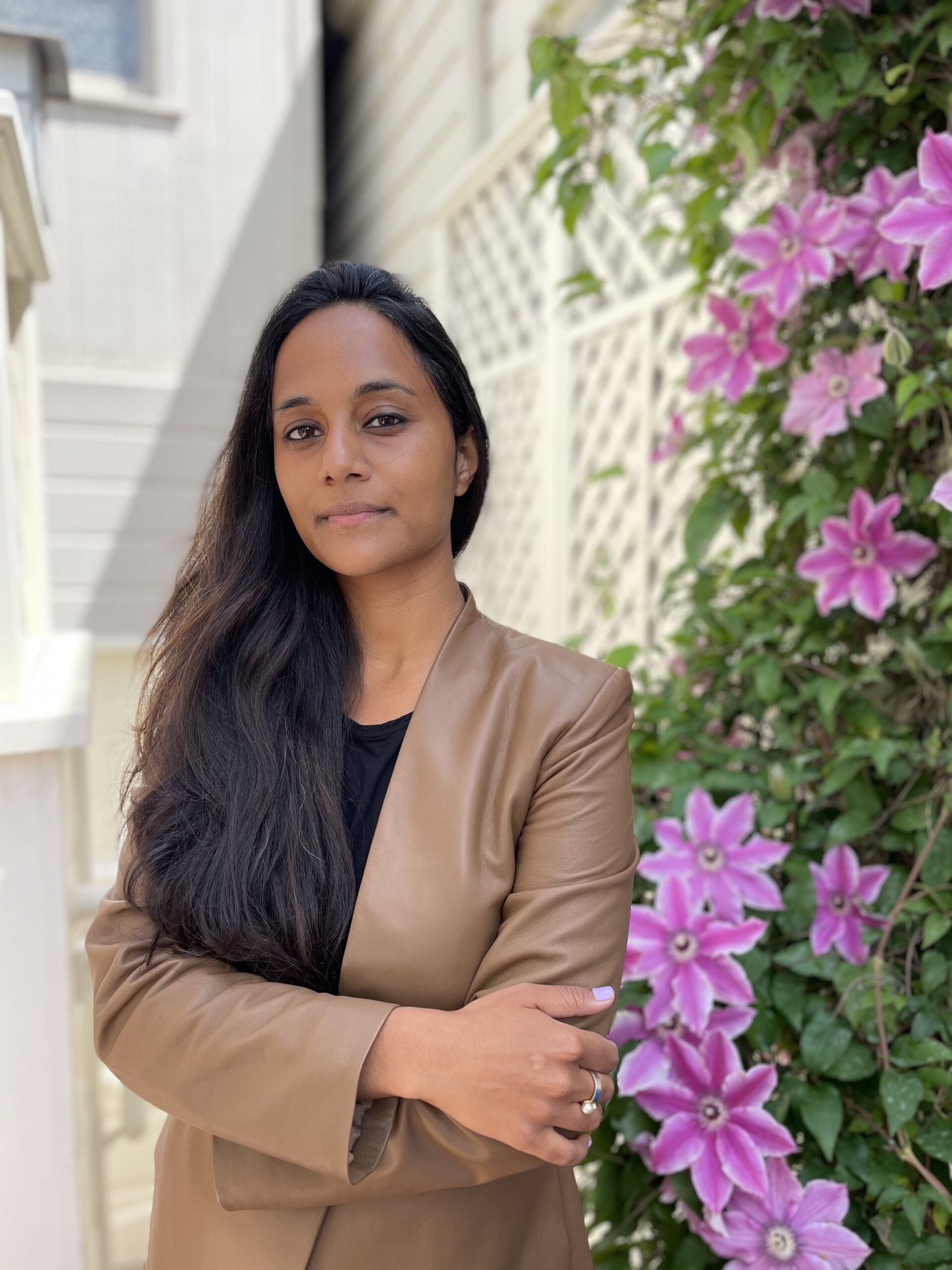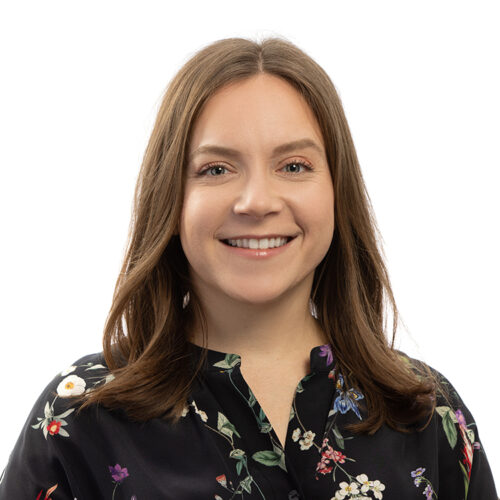Criminal Law Challenger
Associate Professor Zohra Ahmed encourages her students to question legal institutions.

Criminal Law Challenger
Associate Professor Zohra Ahmed encourages her students to question legal institutions.
Professor Zohra Ahmed is no stranger to criminal courts – she spent the first four years of her legal career as a public defender for the Legal Aid Society in New York City. Her experience representing indigent clients in misdemeanor and felony cases in the state Supreme Court and city Criminal Court made it apparent to her that the system was lacking accountability. In 2017, Ahmed decided to take matters into her own hands and co-founded Court Watch NYC, a community project run by volunteers reporting data on court proceedings. The mission of Court Watch NYC is to “shine a light on injustices in the judicial system and the harmful impact it has on communities, and specifically on people of color.”
Professor Ahmed’s shift to academia the next year was driven by her desire to continue examining the court system and spark a similar passion with the next generation of lawyers.
“I stumbled into [academics] after realizing that it was the perfect combination of thinking practically about the law and policy but also being able to raise questions about the law and policy,” Ahmed shares. “And not being bound simply by the terms of the law as-is but to be able to create new communities with students, to challenge our assumptions about our legal institutions. To be able to have those kinds of conversations be part of my daily life.”
In 2018, Ahmed joined Cornell Law School as a clinical teaching fellow for the International Human Rights Clinic. While there, she represented capital defendants in Tanzania and the United States, including the defense of Lisa Montgomery, a woman executed in the waning days of the Trump Administration. Their work on Montgomery’s case raised awareness about the connection between sexual violence trauma and the mistreatment of women in the criminal legal system. Ahmed has also worked with human rights organizations in Bolivia, Pakistan, and the Syrian Golan.
Ahmed became a faculty member at the University of Georgia School of Law as assistant professor of law in 2021. Her courses included Criminal Procedure, Criminal Law, and a seminar titled Crime and Punishment.
This spring, Ahmed joined BU Law as an associate professor of law, where she is continuing to research and teach about the United States carceral state and US militarism. She draws on law and political economy and law and social movements approaches in these two domains.
Her scholarship tries to tease out what might seem like surprising connections. “We tend to think of economic changes as being totally unrelated to what happens in criminal court. It’s about individual behavior,” Ahmed explains. “But I’m really interested in tracing how big changes in the reorganization of the American economy shape how criminal law is enforced, how it affects people, and trying to put together two areas that might seem, on first inspection, unrelated.” Similarly, she is trying to show how global struggles against militarism have informed local struggles against policing.
“I’m always excited to get students to destabilize cherished myths that they might have and to then invite them to see the exciting possibilities for using your law degree in the service of social justice.”
Ahmed is a native speaker of French and Urdu and is proficient in Mandarin. She earned her bachelor of arts cum laude from the University of Pennsylvania, her master of philosophy from the University of Cambridge, and her JD cum laude from Fordham University. Ahmed’s scholarship is forthcoming or has been published in publications including the Yale Journal of International Law, Fordham Law Review, and the UCLA Law Review.
Professor Ahmed takes a unique approach to helping students identify a source of motivation. “I’m always excited to get students to destabilize cherished myths that they might have and to then invite them to see the exciting possibilities for using your law degree in the service of social justice. I enjoy helping students figure out their role in the ecosystem,” she says.
“Many students go to firms. But that doesn’t mean they don’t play a role in that endeavor. I really love helping students figure out what angers them, and often that is a great path to thinking about how they want to play a part in correcting the things that that upset them.”
What motivates Professor Ahmed? Exposing the law’s role in producing social inequalities and identifying creative strategies for redistributing power. Ahmed supports grassroots activism that challenges criminalization as an adviser to the Community Justice Exchange, which is the home of the National Bail Fund Network. While teaching in Georgia, Ahmed cowrote a response to the state’s prosecution of the Stop Cop City protest, which was published in The Nation. She also regularly consults with criminal defense teams.
Ultimately, she is happiest in the classroom. Ahmed shares, “Becoming a professor is a dream come true.”
